The following is Part III of the teaching series, What Good is the Church? A complete audio file of the below selection can be found here.
Psalm 107:2 says, Let the redeemed of the Lord say so… There is a song of the redeemed. The Lord’s redemption causes rejoicing and gives a voice to the ones he has redeemed. The voice of the redeemed is a loud voice singing praise that not only drowns out the myriad of other voices that siren our souls to shipwreck instead of salvation; those other voices that pose as offering salvation truly are voices of doubt, fear, vitriol voices of hate, shame, and regret; these voices are drowned out by the song of the redeemed. After hearing this song, the desire of the redeemed is to let the whole world hear and know of this perfect redemption, the purchase of blood, the blessed assurance that comes from saying Jesus is mine. To every believer the promise of God; the vilest offender who truly believes, that moment from Jesus a pardon receives.
We are continuing our series, What Good is the Church? I have decided to keep the series in Ephesians as we glean truths from Paul’s diamond prison epistle. As we turn our attention towards Ephesians 1, the good of the church will be made clear. As Ephesians 1:8 says, through this study we are considering the riches of his grace which he lavished on us.
We have two major goals before us: First, we must answer “What is redemption?” and second, “Why does it matter?” At the core of considering redemption comes two overarching considerations: First, the severity of our sinfulness; and second, our helplessness to overcome the severity of our sinfulness. Both considerations coalesce together in considering the Cross of Christ. The Cross demonstrates both the severity of sin and our helplessness to save. The cross displayed the seriousness of our sin as the means by which sin was atoned. The cross was cruel. The cross shows us how God views sin. The cross also shows us the way God views us. The Beloved Son was sent to die in our place. Only he was capable of atoning for the sin of others because he himself was sinless. We are helpless to have any good come paying for our own sin. We are not in a position to benefit ourselves if we pay the penalty for our own sin. However, if someone who is sinless comes and takes the penalty on our behalf, if a righteous one incurs the guilt and punishment of the unrighteous one, the righteousness of the righteous one who takes the wrath frees the guilty one from punishment.
This reality was most readily seen when Pilate gave the crowds an option between Jesus or Barabbas. Pilate made clear he found no fault in Jesus. Barabbas on the other hand was a convicted terrorist. The crowd chose Jesus for the cross and Barabbas went free. Barabbas, the criminal, Barabbas the murderer, became the story of you and me. This story continues while on the cross as Christ is fixed between two thieves. One thief mocks Jesus and the other realizes his own guilt and asks for Jesus to remember him. One thief paid the price for his own sin, the other had his sin paid for by trusting in Jesus. One thief got what he deserved. The other thief got what he didn’t deserve – salvation by grace in faith in Jesus.
Ephesians 1:7-10 describe what God has graciously done for believers in Christ.
Redemption through the Beloved Son’s blood
Forgiveness of our trespasses
Lavished the riches of his grace upon us
Making known to us the mysteries of his will

